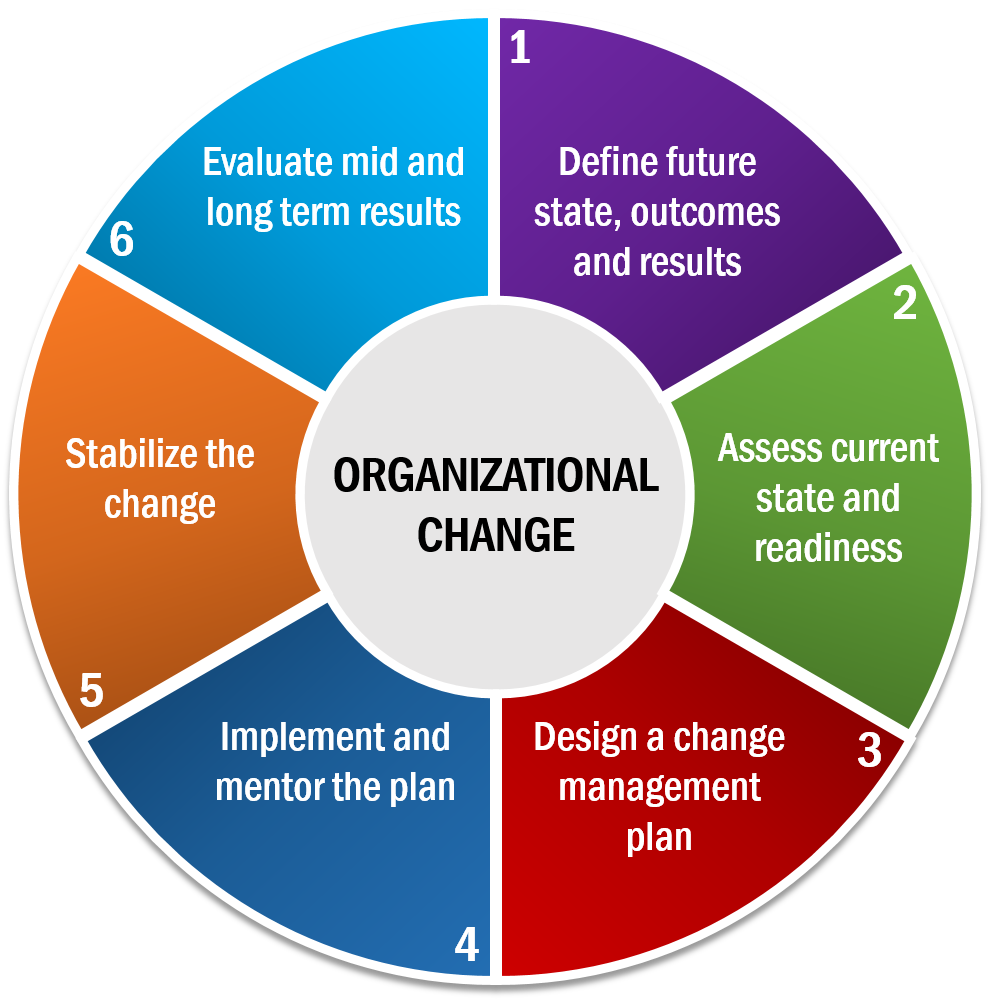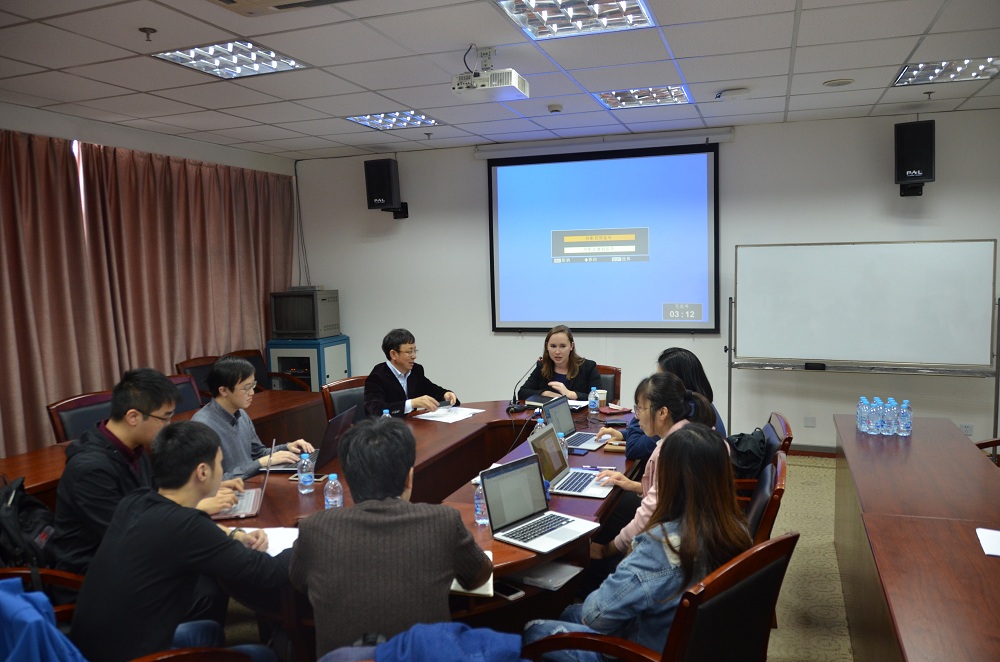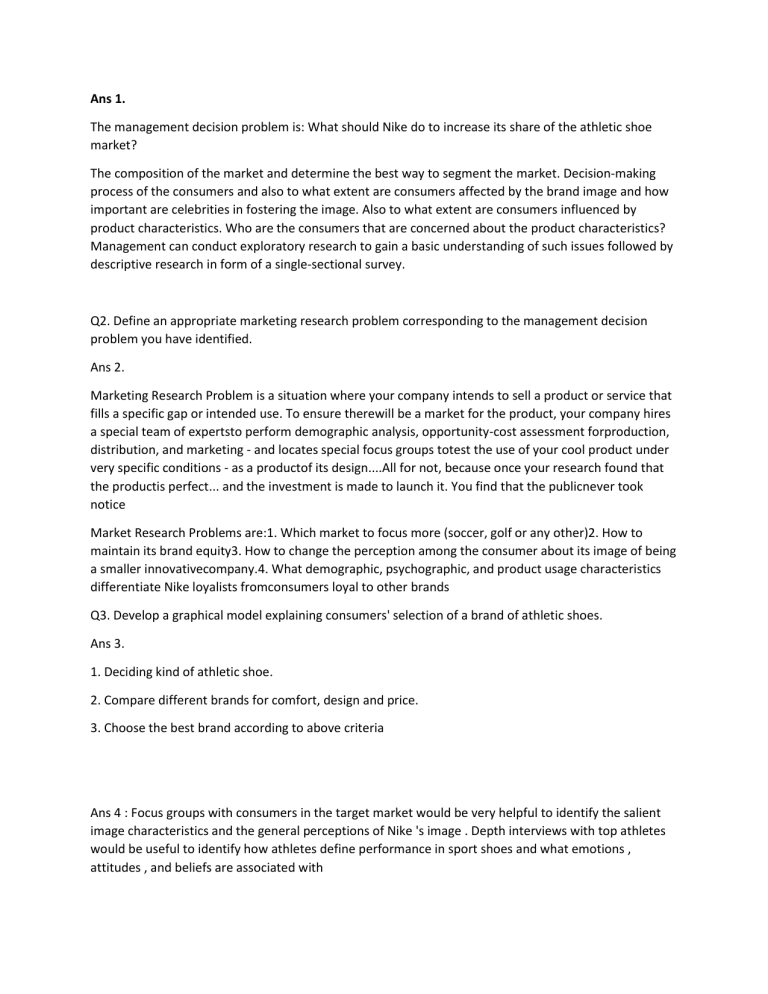Middle Management: Their Essential Role In Organizational Effectiveness

Table of Contents
The Bridge Between Leadership and Employees
Middle managers are essential for translating strategic visions into tangible results. They are the linchpin connecting the high-level strategic goals set by senior leadership with the daily operations and tasks performed by frontline employees.
Translating Strategic Goals into Actionable Plans
Middle managers are responsible for taking abstract, high-level strategic goals and breaking them down into concrete, actionable plans for their teams. This involves:
- Deconstructing complex objectives: Transforming broad, overarching goals into smaller, manageable tasks that individual team members can understand and contribute to.
- Defining roles and responsibilities: Clearly outlining individual roles and responsibilities within the team to ensure everyone understands their contribution to the overall strategic plan.
- Establishing clear communication channels: Creating open and transparent communication channels to ensure that information flows effectively both ways—from leadership to the team and vice-versa. This fosters understanding and reduces ambiguity.
Effective communication is paramount in this process. It's not enough to simply delegate tasks; middle managers must ensure that every team member understands the “why” behind their work and how it contributes to the bigger picture. This fosters a sense of ownership and purpose, driving higher levels of engagement and performance.
Facilitating Effective Communication
Effective middle management acts as a vital conduit for communication, ensuring information flows seamlessly up and down the organizational hierarchy. This two-way communication is crucial for:
- Relaying feedback: Transmitting feedback from employees to senior management, providing valuable insights into frontline challenges and opportunities.
- Communicating directives: Clearly communicating directives and changes from senior management to their teams, ensuring everyone is on the same page.
- Promoting transparency and trust: Open communication fosters trust and transparency, which are fundamental to a positive and productive work environment. This leads to greater employee engagement and satisfaction.
- Preventing misunderstandings and conflict: Proactive and consistent communication helps prevent misunderstandings, reduces conflict, and minimizes the impact of unforeseen challenges.
By effectively managing communication, middle managers create a more cohesive and collaborative work environment, improving team dynamics and overall organizational effectiveness.
Driving Operational Efficiency and Performance
Middle managers are directly responsible for the day-to-day operational efficiency and performance of their teams. Their role extends beyond simply managing tasks; it encompasses strategic resource allocation, performance monitoring, and process improvement.
Optimizing Team Performance
Middle managers play a crucial role in maximizing the performance of their teams through:
- Effective resource allocation: Distributing resources (time, budget, personnel) efficiently to maximize productivity and achieve team goals.
- Task delegation: Assigning tasks effectively to individuals based on their skills and capabilities, ensuring workload balance and optimal utilization of resources.
- Performance monitoring: Regularly monitoring team performance, identifying areas for improvement, and implementing corrective actions.
- Coaching and mentoring: Providing coaching and mentoring to team members to enhance individual and team productivity, fostering growth and development.
- Regular performance reviews: Conducting regular performance reviews and providing constructive feedback to improve individual and team performance.
Through these actions, middle managers ensure that their teams are operating at peak efficiency and achieving their objectives.
Implementing and Monitoring Processes
Middle managers are key players in implementing and monitoring organizational processes. This involves:
- Process implementation: Ensuring that new processes are implemented smoothly and efficiently within their teams.
- Process monitoring: Regularly monitoring processes to identify bottlenecks and inefficiencies.
- Process improvement: Proposing and implementing solutions to improve processes, enhancing efficiency and effectiveness.
- Data analysis: Using data analysis to identify trends and patterns that can inform process improvement initiatives.
- Process mapping: Employing process mapping techniques to visualize workflows and identify areas for improvement.
By mastering these aspects of process management, middle managers contribute significantly to overall operational efficiency and organizational effectiveness.
Fostering Employee Engagement and Development
Highly effective middle management fosters a positive and supportive work environment, leading to improved employee engagement, retention, and development.
Building Strong Teams
Middle managers are responsible for creating a collaborative and supportive team environment. This includes:
- Fostering teamwork and collaboration: Promoting a culture of teamwork and collaboration, encouraging open communication and mutual support.
- Addressing conflict constructively: Identifying and addressing conflict proactively and constructively, finding mutually beneficial solutions.
- Building trust and rapport: Building strong relationships with team members based on trust, respect, and mutual understanding.
- Recognizing and rewarding contributions: Acknowledging and rewarding individual and team accomplishments, motivating employees and reinforcing positive behavior.
- Organizing team-building activities: Organizing team-building activities to strengthen team bonds and improve collaboration.
These efforts create a positive and productive team atmosphere, boosting morale and productivity.
Developing Employee Skills and Talent
Investing in employee development is critical for long-term organizational success. Middle managers play a crucial role in this process by:
- Identifying skill gaps: Identifying skill gaps within their teams and developing training programs to address them.
- Providing coaching and mentoring: Providing personalized coaching and mentoring to support employee growth and development.
- Creating development opportunities: Providing opportunities for professional development, such as training courses, conferences, and mentorship programs.
- Promoting career advancement: Supporting employee career advancement by identifying and recommending high-potential individuals for promotions or other opportunities.
By investing in employee growth, middle managers contribute to increased employee retention, enhanced skills within the organization, and ultimately, greater organizational effectiveness.
Conclusion
Middle management plays a crucial and often underestimated role in achieving organizational effectiveness. Their ability to bridge the gap between leadership and employees, drive operational efficiency, and foster employee engagement is vital for achieving strategic goals. By investing in the development and support of their middle managers, organizations can unlock significant potential for improved performance and sustained success. Strong middle management is not just beneficial; it's essential for the long-term health and prosperity of any organization. Focus on developing strong middle management skills and strategies to unlock your organization's full potential.

Featured Posts
-
 Trump Administrations 1 Billion Harvard Funding Cut Exclusive Report
Apr 22, 2025
Trump Administrations 1 Billion Harvard Funding Cut Exclusive Report
Apr 22, 2025 -
 Private Credit Hiring 5 Dos And Don Ts To Get Hired
Apr 22, 2025
Private Credit Hiring 5 Dos And Don Ts To Get Hired
Apr 22, 2025 -
 Hollywood Strike Actors Join Writers Bringing Production To A Halt
Apr 22, 2025
Hollywood Strike Actors Join Writers Bringing Production To A Halt
Apr 22, 2025 -
 How Trumps Trade Policies Affected Americas Global Financial Position
Apr 22, 2025
How Trumps Trade Policies Affected Americas Global Financial Position
Apr 22, 2025 -
 Analyzing The Difficulties Of Robotic Nike Sneaker Production
Apr 22, 2025
Analyzing The Difficulties Of Robotic Nike Sneaker Production
Apr 22, 2025
